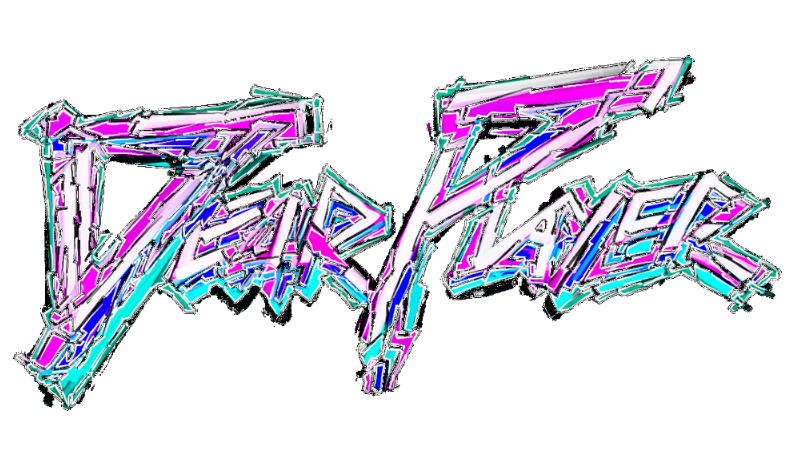What does it mean for a human to take on a fungus? In a rotting post-apocalypse, we can feel what it’s like to live a fungal life, to consume ourselves, to act in desperation ludically and narratively. Living beyond our time. There have been many contentious takes on this Summer’s biggest blockbuster, The Last of Us Part II (2020)– critiqued for having a laboured and dissonant moral rhetoric and for the problematic politics of its creative director; celebrated as a narrative of grief, depression and queerness; homophobically attacked for its representation of diversity as well as being legitimately challenged to handle queerness and race with greater nuance and depth. My reading here, however, follows Haraway’s (2016) injunction to ‘stay with the trouble.’ That life is messy, disturbing, and that that’s when it gets interesting.
Read More"The past is a foreign country," in the famous words of British novelist Leslie Poles Hartley, and in We' Happy Few, British society is an island that hates everything 'foreign'. "Happy is the country with no past," reads the main slogan of this fictional world, but the problem is that both fictional Wellington Wells and real world Britain have monstrous 'tracts' of past which vested interests wish we would forget. At it's core Wellington Wells is a monstrous, bald pantomime that implores us to be sceptical of invocations to happiness and pushes us to scrutinise our world with all the depressive paranoia of the historical gaze.
Read MoreFar Cry 5 and Westworld illustrate how historical representations of lawless frontiers influence player behaviour in open world game environments. Moreover, I argue that sandboxes tell us as much about our relationship to our colonial past and the neocolonial present as they do about our psychology. The roles we learn are the roles we play.
Read MoreThis abstract proposes we look more deeply at how mechanics in games can articulate novel kinds of sense-perception at the edges of ludic and narrative experiences, and in forms distinct from the previous scholarship more concerned with the experiential implications of virtual reality (Helsel, Meckler 1991 et al). I’m interested in games which wrestle with Haraway’s cyborg and Bogost’s Alien Phenomenology seriously and conceptually in a world where we all too often see sensory augmentation as instrumental progress.
Read MoreGames and comics have much in common as media on the margins, at once ancient (as icons and tokens) and new (as VR and touchscreens). Both are complex hybrids with a deep and varied ancestry of art forms serving as their foundations, but each medium still has much to learn from the other.
Read MoreSensationalist news is often quick to draw analogies between game use and drug use, but how do games themselves represent drugs, and is there space here for games to comment on their own relationship to escapism? From power-up to genre convention, from feedback loops to structural necessities, games discuss drugs as tools with a dark side in ways which relate deeply to the way we see games themselves. This is a tour of 'digital drugs' from Oblivion to >observer_, and a look at how games expose the complex layers of responsibility behind, and the affordances of, altered states.
Read MoreHellblade is an exquisite bricolage of cracked wood, woad and lime. It's the experience of suffering humbly and intensely free from fetishized pain or redemptive rescues, and it's ambition is breathtaking. Senua's Sacrifice is is simply groundbreaking on so many different grounds: it blazes a trail for a third category of publishing as an 'Independent AAA'; it gives space to education on mental health for the mainstream; it lays claim to a fully rounded experience in a medium so often fissured into the narratively, aesthetically or mechanically satisfying; and it provides the groundwork for revolutionary audio techniques capable of unparalleled immersion.
Read MorePaint is the paradox of a beautiful stain. Fundamentally it's a thing people play with - it transmutes the everyday into something Other, and this makes it an excellent material conceit for games.
Read MoreSony's recent turn indicates a dramatic shift, from re-masters so subtle that difference is actively negated to a strategy of radical corrective surgery - what does this mean for the way we receive games, and what might it indicate for the future of the past?
Read MoreScanner Sombre does what games do best, it gives us a disarmingly intuitive tool with which to question our intuitions about the world. This is a game all about the act of archaeology - feeling out a space, sifting through shadows and peeling back traces with blind but methodical rigour. Equipped with a LIDAR scanner we bounce dots of light off the objects around us until we begin to perceive shapes in the pointillist confusion...
Read More









